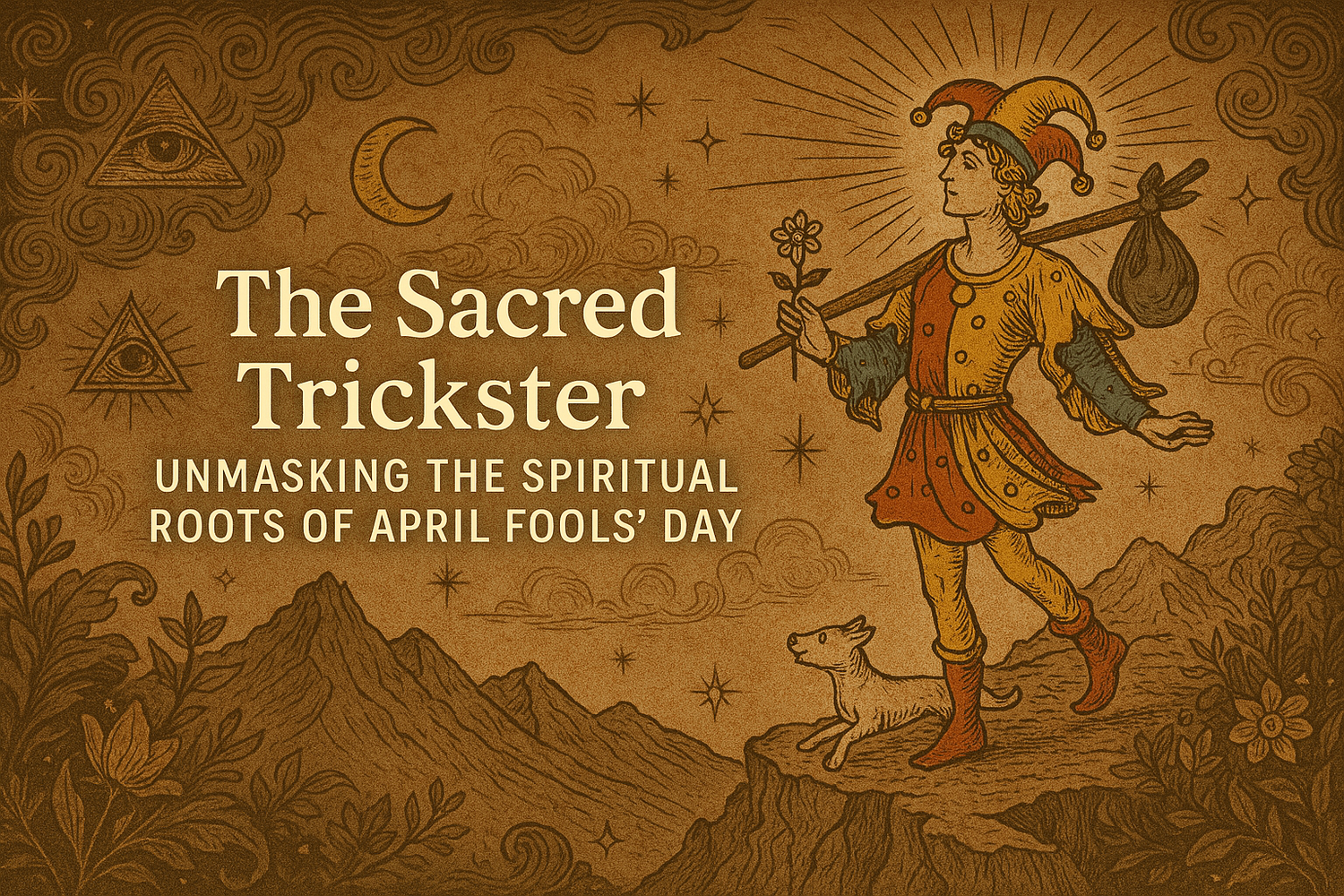Do you ever find yourself gazing up at the incandescent beauty of the night sky, drawn inexplicably towards the mysterious celestial body that hangs like a silver orb, enchanting and bewitching in equal measures? That ethereal allure you sense is not just a product of your imagination, for it is the moon that has, since the dawn of our existence, woven an intricate tapestry of tales, myths, and beliefs, entwined with our very core and subtly impacting human behavior.
It is no secret that the moon's cyclical journey, a dance of shadow and light, has shaped various facets of our lives, from the ebbs and flows of the ocean tides to the rhythmic ebb and flow of our bodies. Yet, the moon's influence extends far beyond mere physical phenomena. It delves deep into the human psyche, subtly swaying our emotions, perceptions, and behavior, often in ways we scarcely acknowledge. This blog post aims to explore this fascinating connection - the celestial impact of moon phases on human behavior.
First, let's delve into the mystical journey the moon embarks upon every month. This journey is divided into various phases, each carrying its unique energy and influence: the New Moon, Waxing Crescent, First Quarter, Waxing Gibbous, Full Moon, Waning Gibbous, Third Quarter, and finally, the Waning Crescent. This cycle, from darkness to full illumination and back to darkness, resonates with our innate human instincts, shaping our emotions and behavior in subtle yet significant ways.
The New Moon, a time of darkness and seeming emptiness, is often linked with introspection, new beginnings, and potential. It's as though the night's black canvas invites us to sow seeds of intention, urging us to look inward and reassess our life's trajectory. During this phase, people often report feeling introspective, contemplative, and open to change and new possibilities.
As the moon starts to wax, inching from the crescent to the first quarter, this is a time of action and growth. The moon, akin to a radiant celestial torchbearer, casts a light on our path, guiding us towards our goals. Many individuals find their motivation surging, energy levels escalating, and a newfound confidence to pursue their ambitions.
As the Full Moon's luminosity bathes the Earth in its opalescent glow, it's a time of culmination, revelation, and emotional intensity. The full moon is often associated with heightened emotional sensitivity and intuition. Anecdotes and empirical evidence alike suggest an uptick in vivid dreams, increased creativity, and a heightened state of consciousness during this phase. The full moon's intense energy has been a part of folklore and myths, often painted as a time of transformation, magic, and even madness.
Subsequently, as the moon begins to wane, it ushers in a period of release, introspection, and forgiveness. It is a time for decluttering our lives, both physically and emotionally, and to let go of the past. In sync with this celestial cycle, individuals often report feelings of relief, release, and a deep sense of peace.
There's a beautiful symmetry in the way the moon's cycle mirrors the human life cycle, from birth (new moon) to maturity (full moon) and eventually to release and rebirth (waning moon to a new moon). This celestial rhythm underscores our lives, influencing our behaviors and emotions subtly yet persistently.
Scientifically, much about this lunar impact remains unknown. Studies into the phenomenon have often presented contrasting conclusions. While some research hints at the moon's role in influencing sleep patterns, birth rates, and even mental health, others dismiss these links as mere superstition. The debate is ongoing, the jury still out.
In conclusion, the mystical moon, with its heavenly ballet of light and shadow, continues to captivate our collective imagination. Whether it's mere celestial poetry or a tangible scientific reality, the connection between the moon's phases and human behavior is an enthralling concept that deserves our attention. As we continue to explore and understand this celestial marvel, let's remember to look up at the night sky, bask in the moon's silvery radiance, and marvel at the wonders of the cosmos. For we are all, in our unique ways, eternally moonstruck.



